Safe USe
COMMON SCENARIOS
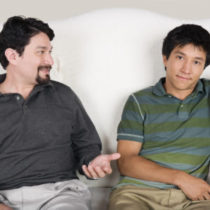
THE DANGERS OF SHARING PRESCRIPTION MEDICINE
You’re almost through your first semester of college. There’s just one thing: that dreaded Accounting 101 final. A “helpful” roommate offers a little of her Adderall, which was prescribed to her to help her focus.
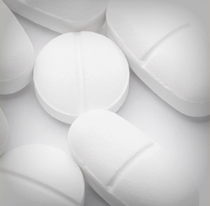
WHEN YOUR MEDICINE ISN’T WORKING
You go home after hip surgery and find the Vicodin you’ve been prescribed is not dulling your pain. You can try the OxyContin your wife takes for her bad back. Or even combine it with your painkiller. Two’s better than one, right?
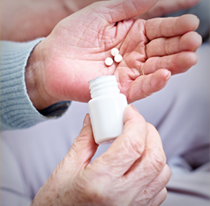
HELPING YOUR PARENTS
Your 82-year-old mother lives alone and takes lots of medicine for her heart and arthritis. You wonder if she’s taking the right pills at the right times, especially since different doctors are prescribing her different meds.
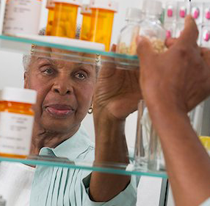
WHEN MEDICINE GETS OLD
Well, you’ve thrown your back out again. You’re trying to save some money, and in your medicine cabinet you find those old pain pills you had from the last time you threw out your back – two years ago.
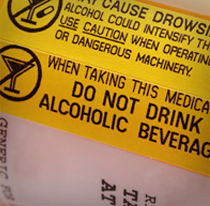
NO NEED FOR SMALL PRINT
Simple – ask the pharmacist for labels with larger print. They can do that. Learn more at Guidelines and Tips.
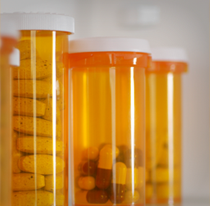
HOW TO DISPOSE OF YOUR UNWANTED MEDS
Your husband wants to clear out the leftover OxyContin he had for his surgery last year. He’s just about to dump the leftovers down the garbage disposal when you walk in.

WHEN YOU CAN’T GO TO THE SAFE DISPOSAL LOCATION
You know you shouldn’t flush your old Percocets down the toilet, but your adult kids and grandchildren are due to arrive in just a few minutes for a long weekend visit, and you want to be sure the house is safe for everyone. You know the best way to dispose medicine is to take it to the local safe disposal site, but there’s no time.
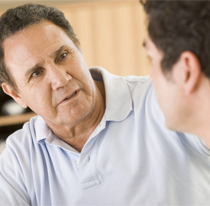
KEEPING YOUR KIDS SAFE
Your best friend is the father of a teenage girl who recently got caught stealing prescription painkillers from the medicine cabinet at her home. She took them to get high. You have a teenage son.